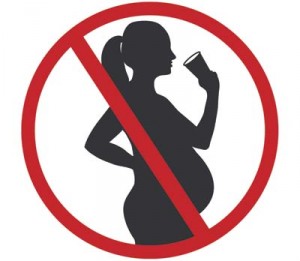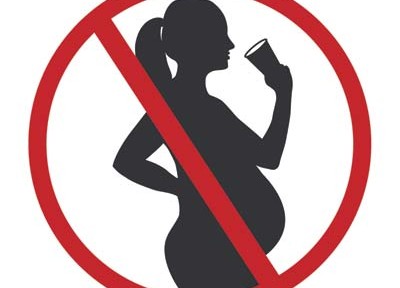How does alcohol affect my baby?
When a pregnant woman drinks alcohol, it rapidly crosses the barrier of the placenta, andenters the baby’s blood stream. The brain and central nervous system of the unborn childare especially sensitive to alcohol. Babies exposed to alcohol before birth havedevelopmental disabilities. There is no safe quantity of alcohol, so it is best toabstain from alcohol during pregnancy.
What is Fetal Alcohol Syndrome?
Fetal Alcohol Syndrome, FAS, refers to a set of alcohol-related disabilities associatedwith the use of alcohol during pregnancy. In Canada, Fetal Alcohol Syndrome (FAS) is oneof the leading causes of PREVENTABLE birth defects and developmental delay in children.Babies with FAS often have:
- Elongated and flattened faces: a long upper lip, flattened philtrum (the dip that extends from under the nose to the lip), and flat midface;
- Retarded growth: low birth weight, decreasing weight gain over time not due to nutrition, disproportional weight to height; and
- Central nervous system abnormalities: decreased skull size at birth, structural brain abnormalities, impaired fine motor skills, neurosensory hearing loss (nerves connecting the ears to the brain), and poor eye-hand coordination.
In addition, children with FAS may have abnormalities in cognition, language andbehaviour.
What is Fetal Alcohol Effect?
Fetal Alcohol Effect is a term used to describe children who were exposed to alcoholbefore birth, but have only some FAS characteristics. These may include reduced or delayedgrowth of the baby, single birth defects, or developmental learning and behaviouraldisorders that may not be noticed until months or years after the child’s birth.
